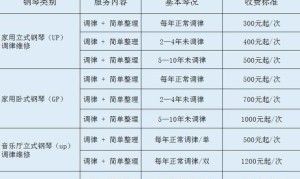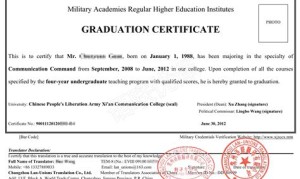English literature has a rich and diverse history that has evolved over centuries, reflecting the cultural, social, and political changes in the United Kingdom. The development of English literature can be broadly categorized into different periods, each marked by distinct characteristics and influential writers.
1. Old English Literature (c. 450-1066)
Old English literature refers to works written in the Anglo-Saxon period before the Norman Conquest in 1066. The most famous work of this period is the epic poem "Beowulf," which showcases heroic themes and values. Other notable works include "The Dream of the Rood" and "Caedmon's Hymn."
2. Middle English Literature (c. 1066-1500)
The Middle English period saw the emergence of Geoffrey Chaucer, often regarded as the father of English literature. His masterpiece, "The Canterbury Tales," is a collection of stories that provide a vivid portrayal of medieval society. Other significant works include Sir Gawain and the Green Knight and William Langland's "Piers Plowman."
3. Renaissance Literature (c. 1500-1660)
The Renaissance period marked a revival of interest in classical learning and humanism. Writers like William Shakespeare, Christopher Marlowe, and John Milton produced some of the greatest works in English literature during this time. Shakespeare's plays, such as "Hamlet," "Macbeth," and "Romeo and Juliet," continue to be celebrated for their timeless themes and characters.

4. Neoclassical Literature (c. 1660-1798)
The Neoclassical period emphasized reason, order, and restraint in literature. Writers like John Dryden, Alexander Pope, and Samuel Johnson were prominent figures of this era. Pope's "The Rape of the Lock" and Johnson's "The Vanity of Human Wishes" are exemplary works of Neoclassical literature.
5. Romantic Literature (c. 1785-1837)
The Romantic period celebrated individualism, nature, and emotion. Poets such as William Wordsworth, Samuel Taylor Coleridge, and Lord Byron explored themes of love, beauty, and the sublime in their works. Wordsworth's "Lyrical Ballads" and Coleridge's "Kubla Khan" are iconic poems of this era.
6. Victorian Literature (c. 1837-1901)
The Victorian era was characterized by social and industrial change, reflected in the literature of the time. Writers like Charles Dickens, the Bronte sisters, and Thomas Hardy addressed issues of class, gender, and morality in their novels. Dickens' "Great Expectations," Charlotte Bronte's "Jane Eyre," and Hardy's "Tess of the d'Urbervilles" are enduring classics.
7. Modernist Literature (c. 1900-1960)
The Modernist period saw a break from traditional forms and styles, with writers experimenting with new techniques and themes. Figures like T.S. Eliot, Virginia Woolf, and James Joyce revolutionized literature with works such as "The Waste Land," "Mrs. Dalloway," and "Ulysses." Modernist literature challenged conventions and pushed the boundaries of storytelling.
8. Contemporary Literature (c. 1960-present)
Contemporary English literature encompasses a wide range of voices and styles, reflecting the diversity of modern society. Writers like Salman Rushdie, Zadie Smith, and Kazuo Ishiguro have gained international acclaim for their innovative storytelling and exploration of identity, culture, and globalization.
In conclusion, the development of English literature in the UK has been a dynamic and ever-evolving journey, shaped by the creativity and vision of countless writers across different periods. From the epic poems of the Anglo-Saxon era to the experimental works of contemporary authors, English literature continues to captivate readers and inspire future generations.














 京公网安备11000000000001号
京公网安备11000000000001号 京ICP备11000001号
京ICP备11000001号